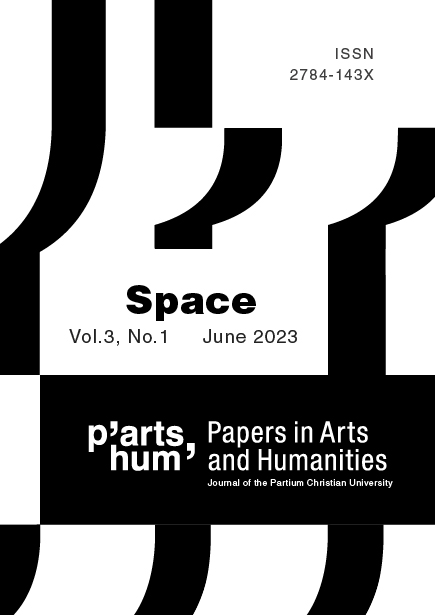The Role of Errors in Fallibilist Theories of Knowledge
The Role of Errors in Fallibilist Theories of Knowledge
Author(s): Daniel GoldenSubject(s): Epistemology, Philosophy of Science
Published by: Partiumi Keresztény Egyetem
Keywords: fallibilism; epistemology; philosophy of science; refutation; trial and error;
Summary/Abstract: Fallibilism in epistemology is the view that we as human beings can never be in the position of acquiring ultimate truth, there is always a chance for discovering that we were in error. Nevertheless, fallibilists are not sceptics: they still stick to the idea that we are always in the position of holding a set of temporary truths, prevalent until the moment of getting denied and replaced by a better or more attractive candidate. On the other hand, fallibilists do side with the sceptics in their opposition to dogmatics, since they do not find compelling closed systems of knowledge, as they plea constantly for genuinely new insights. According to the presented fallibilist models of knowledge, trials are necessary steps in acquiring new knowledge; there is no growth of knowledge without exercising the practice of trial and error. Errors are the necessary components of the procedure, since the usability of deductive and inductive methods getting to necessary truths in real life are strongly limited. In practice alternative strategies, like abductive reasoning, are coming to the front in our pursuit for maintainable propositions.
Journal: P’Arts’Hum
- Issue Year: 3/2023
- Issue No: 1
- Page Range: 129-140
- Page Count: 12
- Language: English

